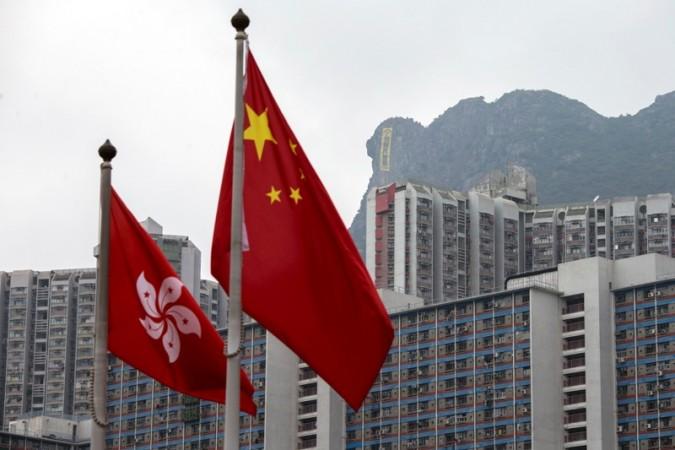
The Chinese government abolished export quota on rare earth and other metals used in high-end electronic devices like smartphones on December 31, 2014.
An export quota is a limit imposed by the government on export goods with an aim to keep prices of those goods low for domestic consumers. Removal of the export quota means exporters can now sell the goods overseas without any restrictions. However, the goods will be subject to control through laws of export license.
"Enterprises that export rare earths, tungsten and molybdenum, should apply for an export license on the strength of the export contracts of the enterprises, no need the approval documents of the Ministry of Commerce," a joint statement by the Ministry of Commerce (MOFCOM) and the General Administration of Customs (GAC) read.
"To export rare earths, enterprises shall apply to the designated issuing agency for export licenses and make export declaration at the specified port, which aims to maintain the normal order of operation," the ministry asserted.
About 48 varieties of goods including rare earth, molybdenum and tungsten are now off the export quota. The ministry also specified 8 ports that will allow companies to export the goods that include Shanghai Customs and Tianjin Customs.
China is the global leader in rare earth production holding 90 percent of the market share. In 2010, the country raised prices and introduced the quotas claiming that the cost of production and its effect on the environment was far more expensive, according to Reuters.
But, importers from Japan, Europe and the US complained that the export quota breached trade rules and gave an unfair advantage to domestic consumers.
The end of the export quota was an expected move as the country lost an appeal at the World Trade Organization in March 2014.
According to Investorintel.com, the revocation of the export quota won't have much impact on the global markets because a strict export license system is already in place. The export quota lost most of its relevance in the past few years.
Experts expect China to keep tightening its rare earth policy to control supply and deal with demand while focusing on the domestic market as well








